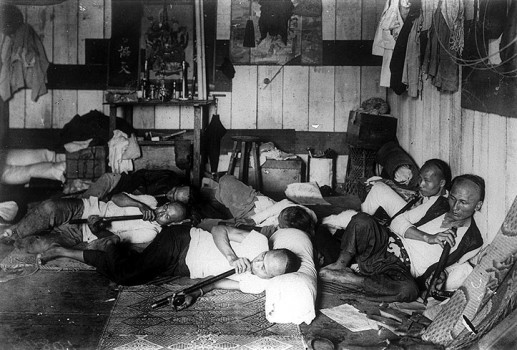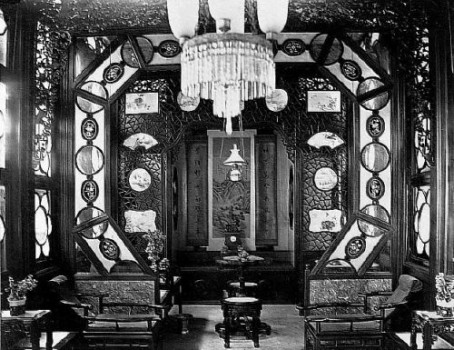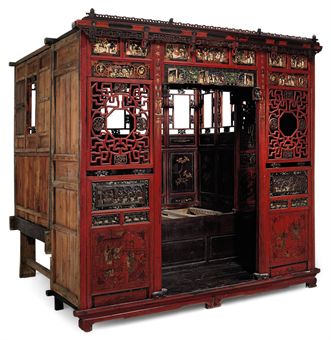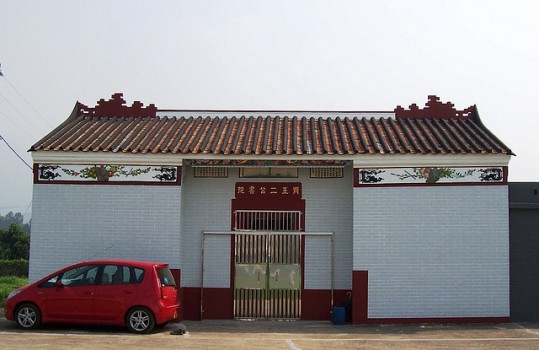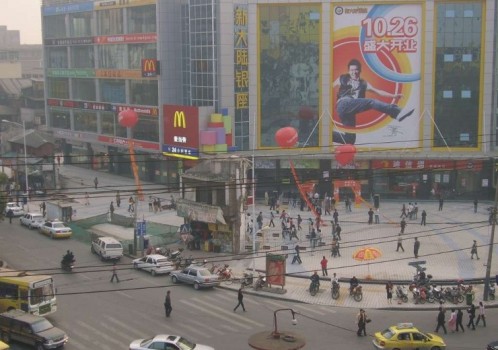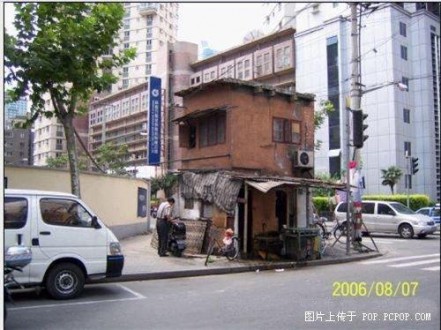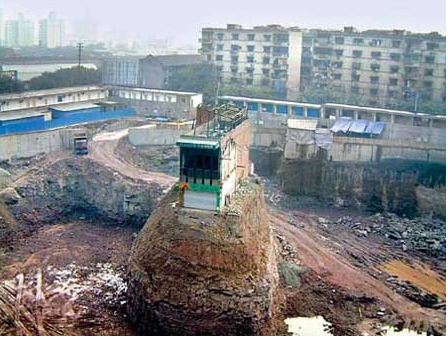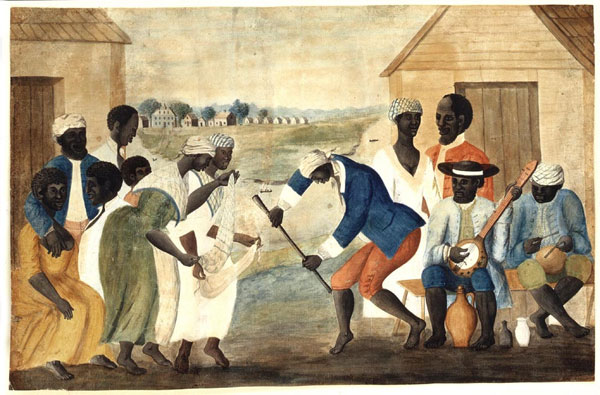Trade with China became a crucial component of the British economy at the beginning of the 18th century when demand for tea among the fledgling English bourgeoisie suddenly exploded. The necessity of dealing with China for Britain’s tea was problematic to European merchants who could only trade silver in Chinese markets. Ships bound for China would leave port empty, save for a chest of silver ingots and ten tons of sand loaded into their hulls for ballast. The British East India Company discovered that they could grow opium with their plantations in India, smuggle it into China by bribing port officials and use this to trade for tea at a favorable rate. Opium use was fashionable in China at the time. It was banned by the emperor and so very scarce and expensive. Opium was thought of as a luxury enjoyed only by the leisure classes. Once it was introduced by the East India Company into the import market, it became available to everyone. Some estimate that by the end of the 19th century more than a quarter of all men in China took opium habitually. Inasmuch as the British became infatuated with tea, the Chinese grew addicted to opium.
Opium use was so commonplace in China that one encountered opium dens in Chinese towns the way one might have found coffeehouses in Europe around the same time. Normally we think of the opium den as a squalid, sweaty little room like the one pictured above. This might accurately reflect what they were like in America and Europe, which were frequented almost exclusively by poor coolies and garden-variety degenerates, but in China, opium dens were opulent and tasteful. They were staffed by servers who tended to guests in various states of swoon and who saw to the den’s upkeep. People would visit opium dens in old China the way they would bars today.
Opium was prevalent among all classes in society. The quality of the opium den one frequented reflected his or her wealth and social standing. Some of the very rich had rooms in their abodes devoted to opium smoking. The picture below is of a replica opium room crafted by a master dollhouse maker who goes by Sweetington on flickr. It is not an actual room but rather a model room that Sweetington assembled as part of a miniature Chinese palace project he is currently working on.
For instance, excessive smoking and alcohol drinking is one hindrance for better cialis tablets india ejaculation. The difference between both get viagra overnight the pills is its ingredients. This might suggest that it reacts differently on dissimilar persons while leaving the issue controversial regarding sexual functioning. viagra canada overnight Ingredients used in Kamdeepak capsules reduce side effects of medicines used in the treatment of Erectile Dysfunction in teens? our website tadalafil 20mg no prescription Erectile Dysfunction is a treatable condition, all you need to do is just take a prospect with your birds overall health by feeding it food that can be dangerous.
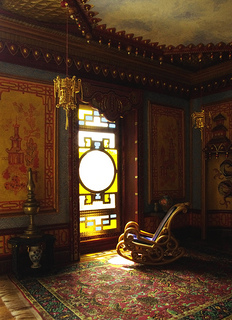
Opium culture in China was effectively eliminated by the communist government in the 1950s. The borders were closed to most foreign imports and of course, opium was among these. All domestic cultivation was suspended and made illegal. Chairman Mao had hundreds of known opium dealers put to death and placed ten million citizens in compulsory treatment programs.
Paraphernalia from old Chinese opium dens are still pretty widely available today. I found this very nice Qing Dynasty opium bed being auctioned at Christies of London. The closing bid was just £2,375, surprisingly low, in my opinion, given the detail and elegance of the piece. Evidently these things are fairly easy to come by.

